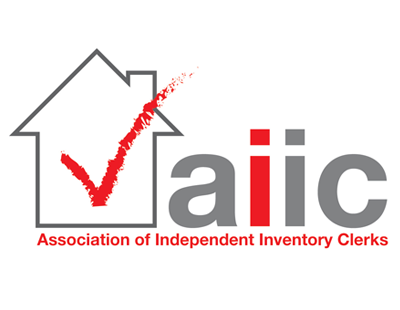A leading lettings sector trade body has outlined key pieces of legislation that will hit the private rental sector in 2020.
The Residential Landlords Association - which from this week merges with the National Landlords Association to become the National Residential Landlords Association, or the NRLA - says there are five specific issues to watch for this spring.
This is in addition to the EU Fifth Money Laundering Directive coming into force next week, and which we cover in a separate story in today’s Letting Agent Today.
The five spring legislative changes are:
1. Extension of the Homes (Fitness for Human Habitation) Act, in March: The association says that the original Act - which means landlords or agents acting on their behalf can be forced to carry out improvement works to properties or risk being sued - is being extended from March 20 this year to include existing statutory periodic tenancies.
Until that date it applies only to tenants who signed contracts on or after 20 March 2019.
The association says this legislation applies in England only – with responsibility for these standards in Wales falling under the scope of the Renting Homes (Wales) Act.
-
2. Minimum Energy Efficiency Standards, in April: From April 1, ALL existing tenancies will fall in line with the existing law introduced in 2018, whereby landlords or their agents cannot let to new tenants unless it has an EPC rating of E or better.
This means that anyone whose rentals have F or G ratings will no longer be able to legally let them out.
The association says: Landlords will be expected to pay up to £3,500 towards energy efficiency improvement works. However, if work will cost more than that landlords can apply for an exemption.”
-
3. Capital Gains Tax changes, in April: Until now, CGT has been paid on profits made through the sale of any property that isn’t the owner’s principal home; owners can also seek lettings relief (a tax break) if they once lived in the non-principal home themselves.
From April this is scrapped and landlords will only be able to claim lettings relief if they share the property with their tenant.
“Also from April, landlords will need to pay the full amount of CGT owed on a sale within 30 days. At the moment they have until the next tax year” says the association.
4. Mandatory CMP for agents, from April: New rules on money laundering have been extended to cover letting agents, with an April 2020 deadline for agents to join an official Client Money Protection scheme - this marks the end of a 12 month grace period agreed following technical problems over the original 2019 deadline.
-
5. Extension of the Tenant Fees Act, in June: Letting agents have, since last June, been banned from charging fees other than rents, deposits, holding deposits and charges for defaulting on contracts - but this has, until now, applied only for new tenants.
From June this year, 2020, it applies to all existing tenancies.
“Deposits are already limited to a maximum of five weeks’ rent where the annual rent is below £50,000 for any new or replacement tenancy. If the annual rent is above this, the maximum is six weeks, with holding deposits limited to a week” the association notes.
“Where a banned fee has been taken, tenants will be able to get money back via the county court. Landlords could be fined up to £5,000 for a first offence, and £30,0000 for subsequent breaches.”













%20-%20IMAGE%20Client%20Accounting%20%E2%80%93%20what%20are%20your%20options.jpg)









Join the conversation
Be the first to comment (please use the comment box below)
Please login to comment